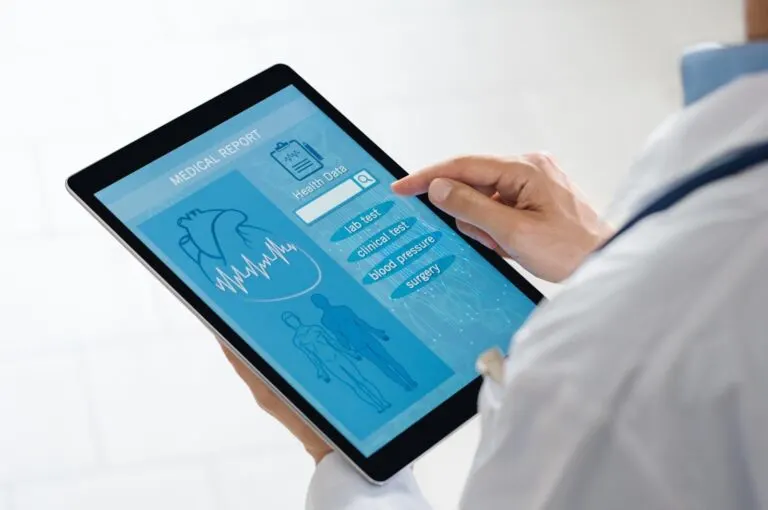Blockchain Solutions for Secure Healthcare Data Sharing
What is Blockchain?
Blockchain is a decentralized digital ledger that records transactions across many computers. This means that once data is entered, it cannot be changed without the consensus of all parties involved. According to a report by the World Health Organization (WHO), blockchain can enhance data security and integrity in healthcare.
Benefits of Blockchain in Healthcare

One of the main benefits of blockchain is enhanced security. Traditional databases can be vulnerable to hacking, but blockchain’s decentralized nature makes it much harder for unauthorized users to access sensitive information. A study by IBM found that 77% of healthcare executives believe blockchain will be critical for data security.
Another advantage is improved interoperability. Different healthcare systems often struggle to share data effectively. Blockchain can create a unified platform where all parties can access and share information seamlessly, leading to better patient care.
Patient Control Over Data
Blockchain empowers patients by giving them control over their own health data, enhancing data security and cybersecurity in healthcare. With blockchain, patients can decide who has access to their information and for how long, aligning with IT consulting, cloud computing, and IT services to ensure secure data management. This transparency builds trust between patients and healthcare providers while improving network security and compliance. By integrating blockchain into software development, managed IT services, and IT solutions, healthcare organizations can enhance IT support and create a more patient-centric data-sharing system.

Real-World Applications
Several organizations are already leveraging blockchain to enhance healthcare data sharing, strengthening cybersecurity, data security, and network security. For example, the MediLedger Project is developing a secure IT solutions network for pharmaceutical companies to share drug shipment data. This initiative aligns with IT consulting, cloud computing, and IT services, helping to prevent fraud and ensure patient safety. By integrating blockchain into software development and managed IT services, healthcare providers can improve transparency and security. With the support of IT support teams, blockchain is paving the way for safer and more reliable healthcare data management.
Challenges to Adoption
Despite its potential, implementing blockchain in healthcare comes with challenges, particularly the need for standardization across different systems. In IT consulting and cybersecurity, ensuring seamless integration with existing IT services and cloud computing solutions is crucial. A survey by Deloitte found that 39% of healthcare leaders cite the lack of standards as a barrier to adoption. For software development and managed IT services, addressing interoperability issues is essential to leveraging blockchain for enhanced data security and network security. With the right IT support and IT solutions, the industry can overcome these hurdles and unlock blockchain’s full potential in healthcare.
Conclusion
Blockchain technology offers promising solutions for secure healthcare data sharing, strengthening cybersecurity, data security, and network security in the industry. By enhancing security, improving interoperability, and giving patients control over their data, blockchain aligns with IT consulting, cloud computing, and IT services to ensure seamless and protected information exchange. As software development and managed IT services continue to evolve, blockchain integration can enhance IT support and IT solutions, transforming how healthcare information is managed. With ongoing advancements, the future of secure healthcare data sharing looks bright.



